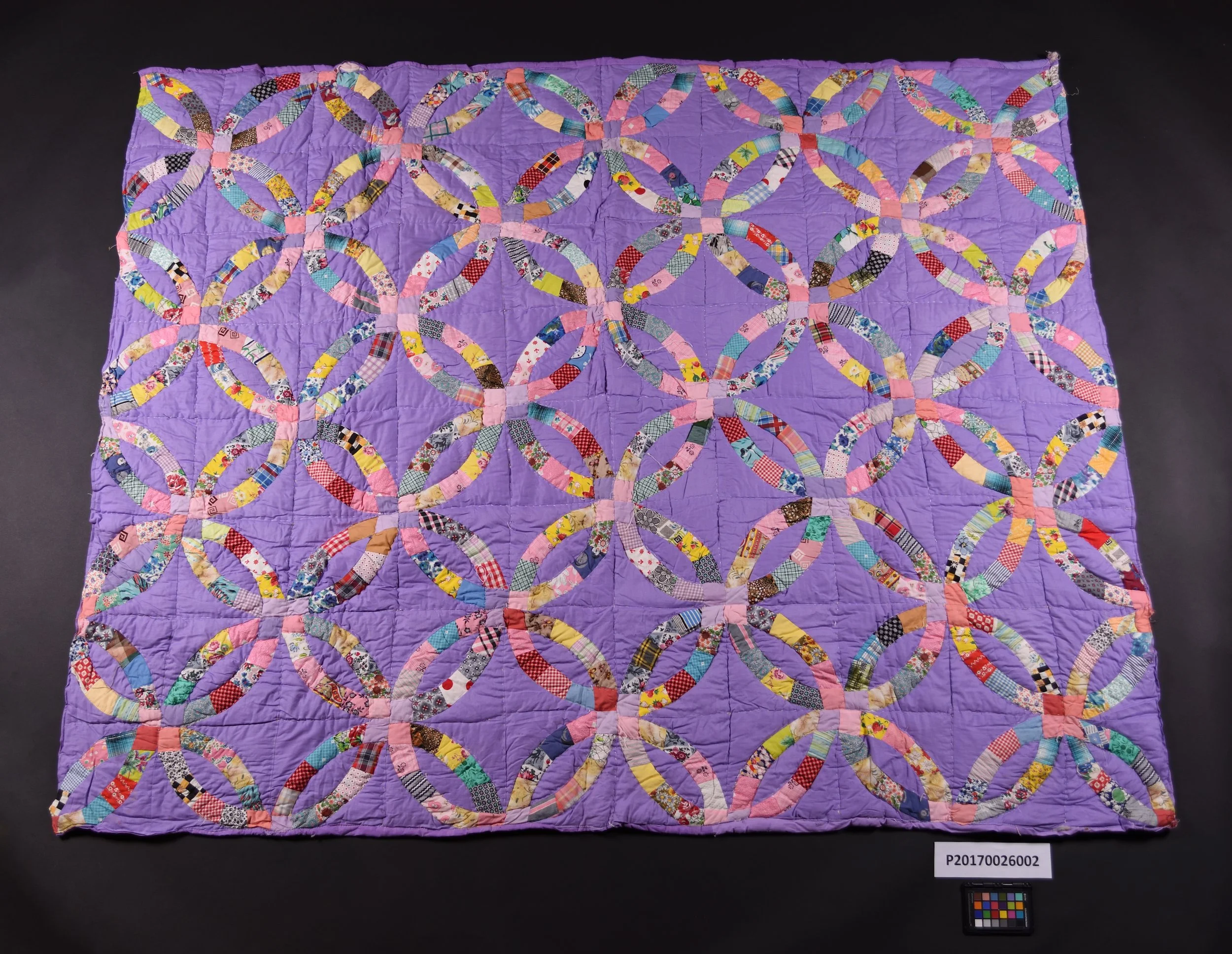A ship called Lethbridge
HMCS Lethbridge ship's complement posed on the deck with the Lethbridge nameplate, 1941.
Galt Museum & Archives, 19881005002
Sailors and soldiers fought in the Battle of the Atlantic for six long years during the Second World War as the allies struggled to keep open vital supply routes between Great Britain and North America. The war had caught Canada ill-prepared; we did not have nearly enough ships. The solution was a new line of ships: the Flower-class corvette. Winston Churchill called them the “cheap and nasties,” cheap to build and nasty to U-boats. These small vessels were designed to escort and protect merchant marine vessels. To generate public support and sponsorship, some corvettes were named after communities, and so on June 25, 1941, the HMCS Lethbridge was commissioned into service in Montreal.
Full-length view of HMCS Lethbridge, 1943.
Galt Museum & Archives, 20161079
Sketch of the crest of the HMCS Lethbridge by Helen Balfour, 1944.
Galt Museum & Archives, P20110001000
Gun crew of the HMCS Lethbridge with Lethbridge nameplate taken after winning a 4-inch gun competition at Sydney, Nova Scotia, October 1941.
Galt Museum & Archives, 19881005003
To celebrate having its very own ship, the city invited its first commander, Lieutenant Mahan, to a public banquet in Lethbridge and proudly presented him with a sterling silver tea and coffee service. As the war went on the city arranged for parcels to be sent to the crew each Christmas loaded with stationery, treats and entertainment. The local war services council also funded the purchase of a new radio and magazine subscriptions. Corvettes were cold, cramped, wet places to work, and they tended to bob and corkscrew because of their shape. Parcels containing chocolate and warm clothes must have been appreciated by the long-suffering crew.
The HMCS Lethbridge escorted convoys throughout the war, travelled to and from southern ports protecting the Allied oil supplies, and took part in the Battle of the Atlantic and the Battle of the St. Lawrence. While other corvettes were sunk around her, she lasted through the war. In 1945, the HMCS Lethbridge was decommissioned and finally dismantled in 1966.
You can explore a selection of photos and materials in the Galt’s database related to the HMCS Lethbridge. To learn more about the role Lethbridge played in the Second World War, visit the Galt Museum & Archives online or in person.














Dr. Frank Hamilton Mewburn was a wiry and fiery surgeon, politician, army officer, and university professor who greatly contributed to the development of Lethbridge. Mewburn came from a long ling of medical professionals, graduating from McGill University in Montreal in 1881.